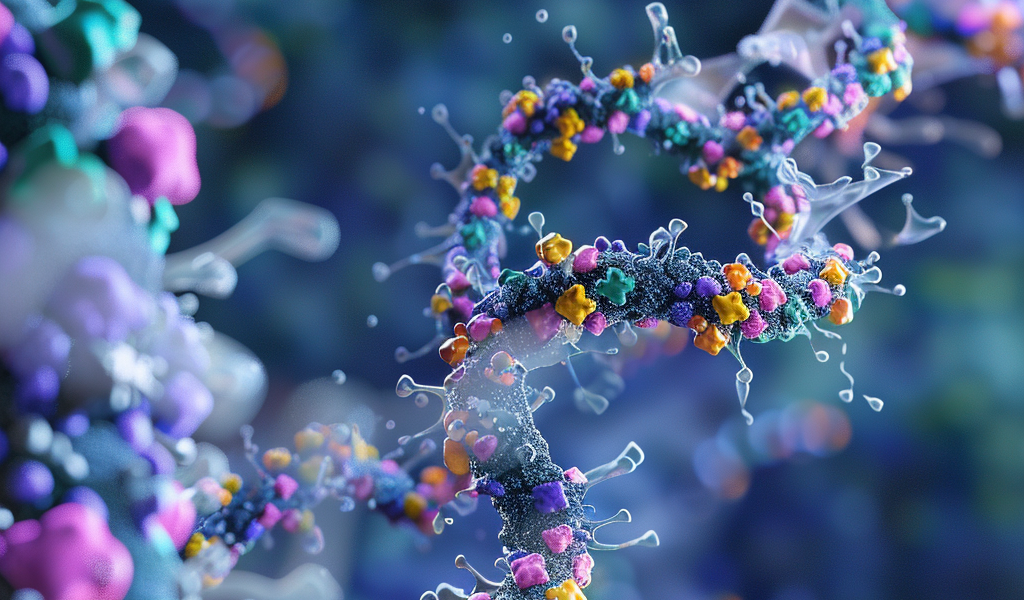Enzyme research has shed light on why certain cancer drugs can lead to severe side effects, as revealed by a team of scientists at the University of Würzburg led by biochemist Caroline Kisker. The discovery revolves around the enzyme USP28 and its interaction with inhibitors used in anti-cancer medications.
Ubiquitin, a small protein, plays a crucial role in various cellular processes by regulating protein stability and function. When ubiquitin attaches to proteins, it can mark them for degradation, a process that can be reversed by specific enzymes like USP28. This enzyme is known for stabilizing proteins essential for cell growth and division, which are also implicated in cancer development.
To impede cancer growth, inhibitors targeting USP28 have been developed to destabilize these crucial proteins. However, these inhibitors not only affect USP28 but also a similar enzyme, USP25, which is vital for separating ubiquitin from other proteins and plays a key role in the immune system.
The challenge arises from the high similarity between USP28 and USP25, leading to the unintended targeting of both enzymes by the inhibitors. This confusion poses a significant obstacle in developing effective therapeutics based on USP28 inhibitors, as the resulting side effects can range from gastrointestinal issues to nerve damage and autoimmune conditions.
The researchers at the University of Würzburg have identified the structural similarities between USP28 and USP25, particularly in regions where the inhibitors bind. Through X-ray crystallography, the team analyzed the interaction of USP28 with inhibitors such as ‘AZ1,’ ‘Vismodegib,’ and ‘FT206,’ highlighting the potential for cross-reactivity and the need for precision in drug development.





